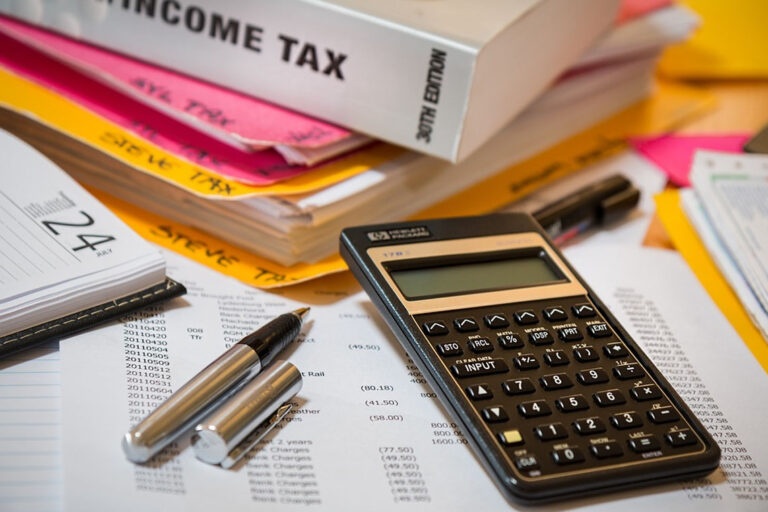complete tax solutions
Income Tax Management
Complete Tax Solutions for Students, Teachers, Salaried, Professional, Executives & Businessman
1. What is PAN?
PAN stands for Permanent Account Number. PAN is a ten-digit unique alphanumeric number...
1. Documents Required to Apply for NRI PAN Card
As a Non-Resident Indian (NRI), obtaining a Permanent...
1. Making changes or Correction in PAN data
Suppose an applicant needs to change or correct a data on...
1. Individual and HUF Applicants who are Citizens of India and Located Within and Outside India at the...
Every person shall quote his permanent account number in all documents pertaining to the transactions...
Permanent Account Number (PAN) is a unique ten-digit alphanumeric code issued by the Income Tax Department...
Section 139AA was introduced in the Income Tax Act, 1961, with effect from July 1, 2017, to make it mandatory...
1. Unexplained Cash Credits [Section 68]
Where any sum is found credited in the books of an assessee,...
(A) In the case of every Individual or Hindu Undivided Family (HUF)
(A1) If the individual or HUF...
1. Provision inserted under Clause ( c ) of explanation to Section 10(4D) applicable w.e.f. 2022-23
As...
1. Clarification in respect of Disallowance under Section 14A in absence of any Exempt Income during...
1. Section 35(1A) relating to Filing Of Statement of any sum received by a Research Association, University,...
1. Source of the funds or any other sum provided by the lender to the borrower and credited in hooks...
1. Provisions of Section 79 not to apply In case of Strategic Disinvestment of Public Sector Companies...
1. Rationalization of provisions of TDS on sale of immovable property [Section 194-IA amended w.e.f....
1. Litigation management when in an appeal by revenue an identical question of law is pending before...
1. Enabling the Commissioner (Appeals) to levy Penalty under Section 271AAB. 271AAC and 271AAD of the...
1. Firm to be Assessed as Firm
Essential conditions prescribed under section 184 of the Income-tax Act,...
When it comes to dealing with various processes and procedures, understanding the time limits, forms,...
Under the Income Tax Rules/ Act, certain taxpayers are required to get their accounts audited and submit...

![Permanent Account Number (PAN)[Section 139A and Rule 114]](https://incometaxmanagement.in/wp-content/uploads/2023/11/Permanent-Account-Number-PAN-Features-Image-768x512.png)
![Quoting of Aadhaar Number [Section 139AA]](https://incometaxmanagement.in/wp-content/uploads/2023/11/Quoting-of-Aadhaar-Number-Section-139AA-Features-Image-768x512.png)
![Unexplained Cash Credits, Investments, Money, Etc. [ Section 68 TO 69D]](https://incometaxmanagement.in/wp-content/uploads/2023/11/Unexplained-Cash-Credit-Investment-Mony-Features-Image-768x512.png)











